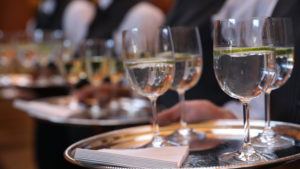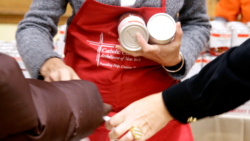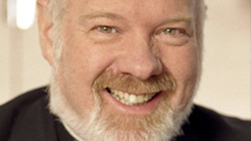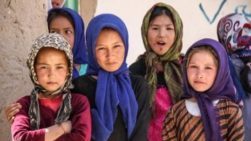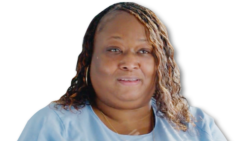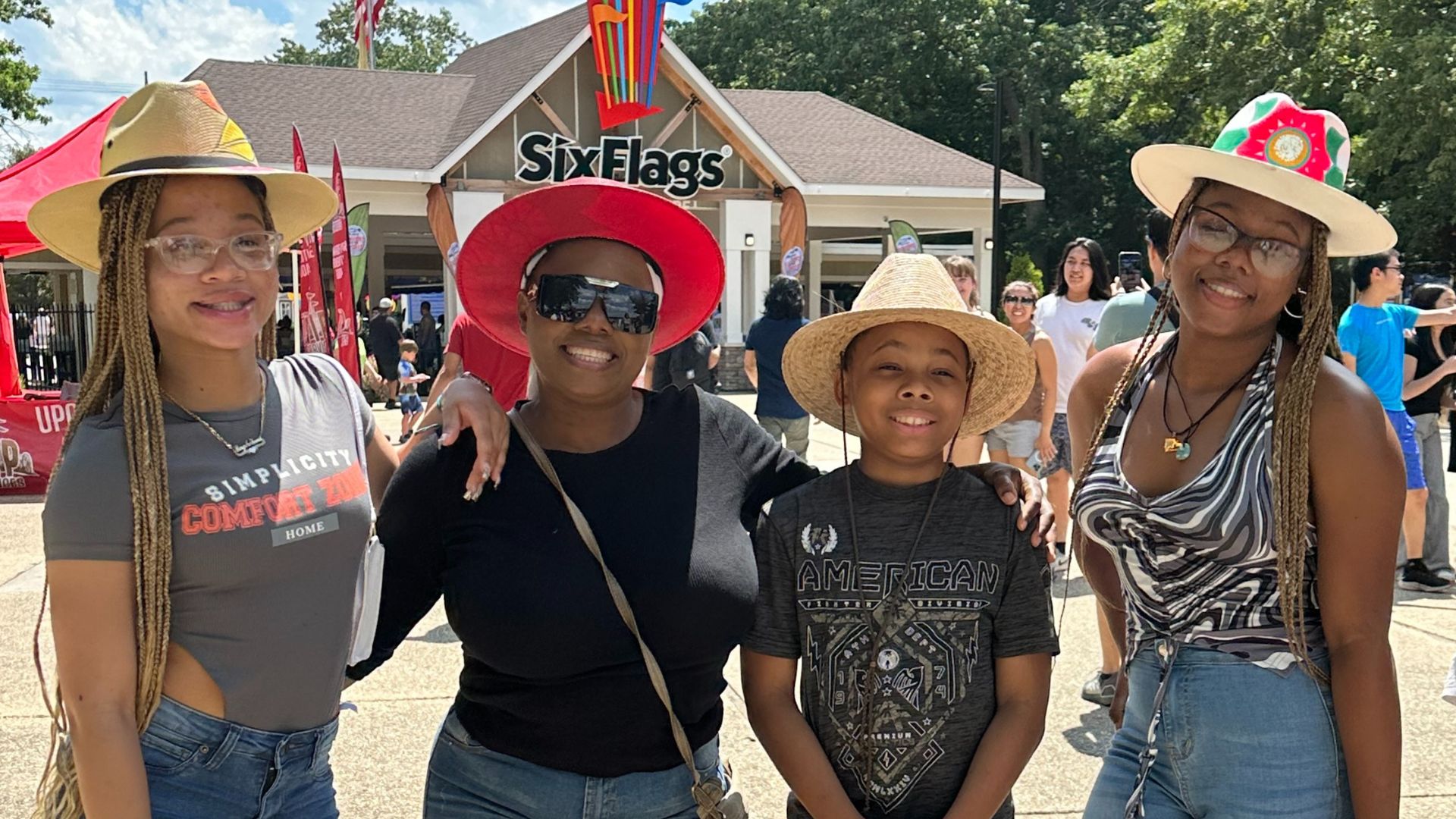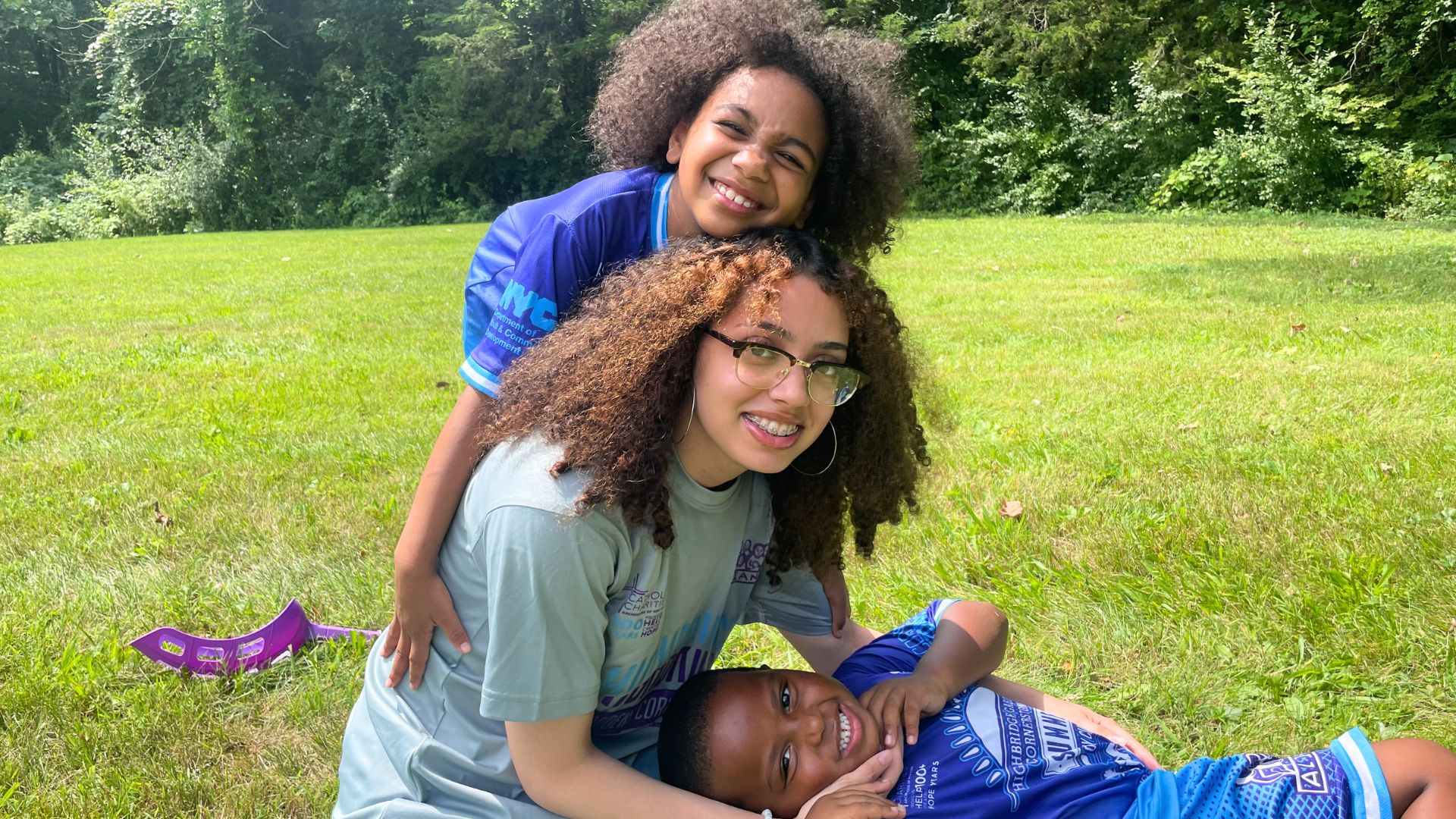For Fr. John Anderson, IVDei, the other 11 months should be as well. That’s particularly true for those, like many Catholic Charities social workers and caseworkers, who are members of the helping professions.
“We talk about it all the time, but we tend be the worst when it comes to our own self-care,” says Father John, who has worked the past two decades in Catholic healthcare ministry and serves as VP of Mission Integration for ArchCare, the Continuing Care Community of the Archdiocese of New York. Those in the helping professions are frequently “wired to think of others before they think of themselves.”
In an effort to maintain his own mental and spiritual health, Father John keeps the following 5 points in mind and heart:
Remember, non dat quod non habet “one does not give what one does not have.”
Everyone is coping with stress from work, family, and the many other responsibilities we have in our busy and often over-stretched lives. These can weigh heavily on our well-being so it’s important, says Father John, to maintain a keen awareness of when that stress feels overwhelming and take time to step back and replenish ourselves.
“Paying attention to our own self-care, our own well-being, ‘refilling the well’ if you will, is crucial if we are to continue sharing our gifts with those who need or depend on us. He keeps a quote in his journal from Quaker author and educator, Parker Palmer, who says: “Self-care is never a selfish act – it is only good stewardship of the only gift you were put on earth to offer others.”
Remember to consciously breathe a few times each day.
Breath is essential to life. Mystics through the centuries and across the spectrum of religious traditions use breath as an instrument of contemplation and awareness of God’s very presence within us. More recently, medical science has shown how deliberate breathing is a valuable vehicle to relieve stress.
“It doesn’t cost anything, you don’t have to go somewhere special, and it doesn’t take that long. Just a minute of deliberate and conscious inhales and exhales can change your temperament and awareness,” he says.
Remember that emotions are morally neutral.
Emotions are neither good nor bad, they just are. But they can manifest in physical illness and distress, says Father John. “We carry our stress, our grief, our sadness, in our body.” But they are also inherently social which can be counter intuitive. Coping with them is best done in community, where what sociologist Emile Durkheim defined as “collective effervescence” can take hold. Studies indicate people laugh five-times more often in groups than they do alone. Collective effervescence is what people missed during the imposed isolation of the pandemic, says Father John.
Ever been asked: “How are you?” It’s a simple question, but there is often social pressure to respond in a positive manner, even when the truth is far different. That social construct, what social scientists call “toxic positivity,” is a way to avoid negative emotions. Denying or disguising our negative emotions over time makes them feel bigger, more difficult to process. “And it’s extremely trying to be a ray of sunshine 24/7,” he says.
Remember leisure is an end in itself.
Americans are about doing as opposed to being, says Father John. But leisure has a necessary role in a well-balanced life; there is no need to apologize for devoting time to an activity or project that has no purpose other than bringing you joy.
Remember to live in the present moment.
Spiritual sages of all traditions speak of the importance of the present moment, especially when the tug of dwelling on the past or anticipating the future is overwhelming. But the present is all we have. A favorite prayer of Fr. John’s begins: “Each 24 hours God offers us a new day like a blank page that we can fill with serious and positive thoughts, thoughts of joy and optimism, thoughts of peace for ourselves and for others. A page to discover the good in them and to find the delicate phrases necessary to tell them of the good we see in them.”
Check out our article on the Parish Counseling Network.

